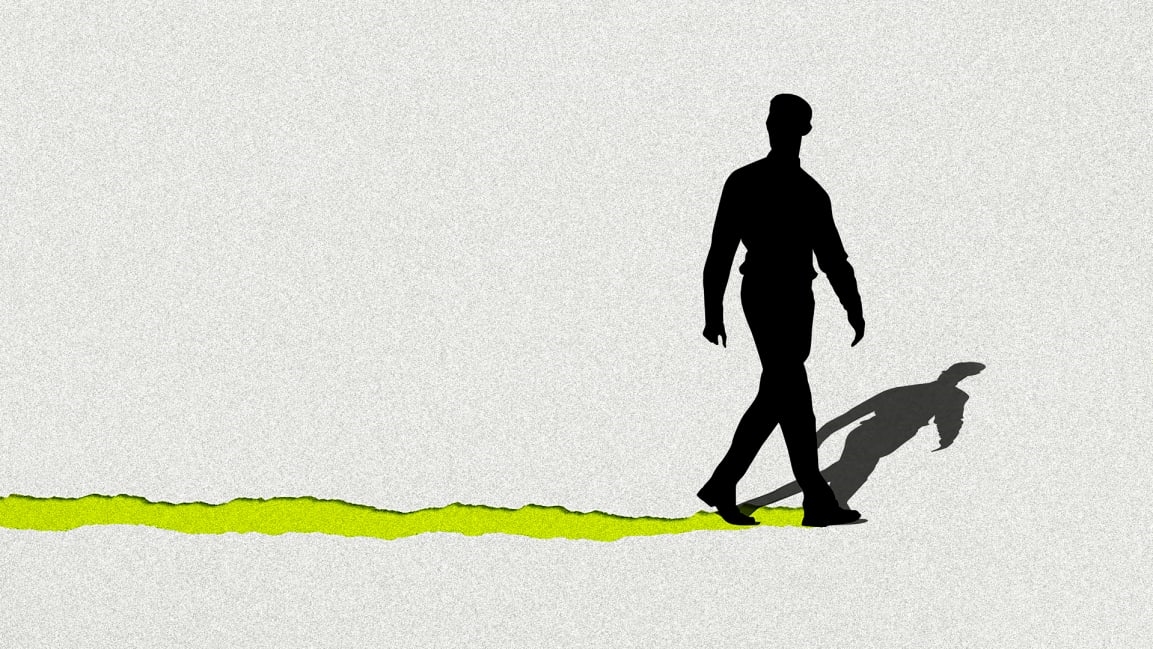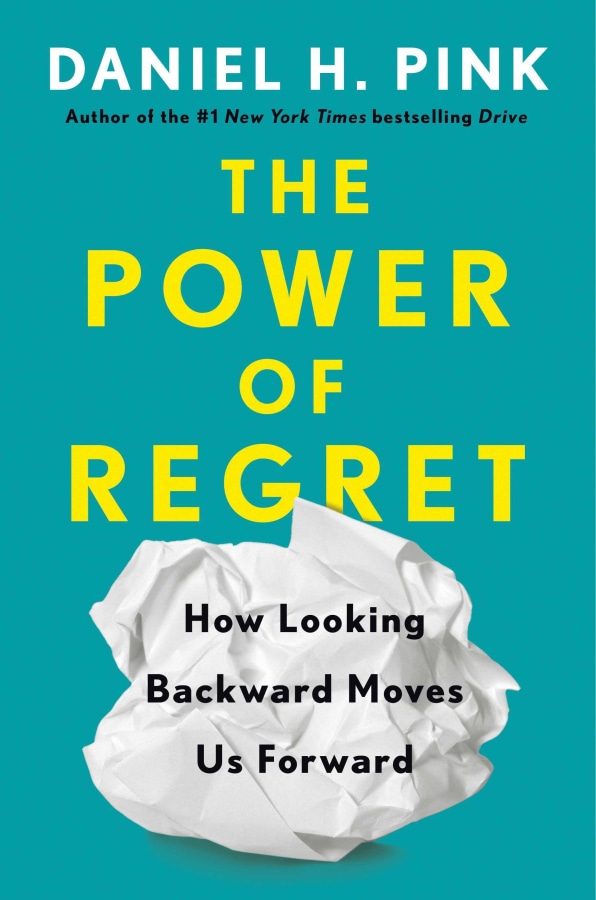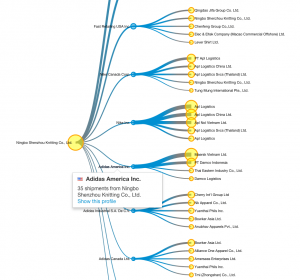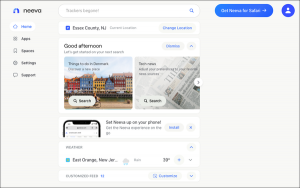
For a guy whom antiquity scholars say might never have existed, Aesop has enjoyed a pretty good run as an author. The fables that bear his name (but are likely the product of many creators over many years) date to five centuries before the Common Era. They’ve been bestsellers for more than two thousand years—fixtures of bookstore children’s sections and bedtime story sessions. They remain popular even in the age of podcasts and streaming services, because who among us does not enjoy hearing life lessons delivered by talking animals?
Among the best-known of Aesop’s fables is “The Ant and the Grasshopper.” The story is deceptively simple. During a long summer, the grasshopper lolls about, plays the fiddle, and tries to entice its friend the ant to join in dancing and other insect debauchery.
While researching this book, I interviewed a young professional named Jason. Jason reminded me of the grasshopper.

Jason Drent landed a full-time job as a sales associate at Best Buy, a few days he graduated high school in 1996. Jason’s work ethic was ferocious, and his industriousness soon paid off. He quickly became the youngest sales manager in Best Buy history. A few years later, another retailer snatched him away, and Jason scaled the ranks of that company. District manager. Regional manager. Before long, he was earning a six-figure salary and shouldering executive responsibility. He began a series of career-enhancing moves from Ohio to Illinois to Massachusetts to Michigan to Tennessee. Today, at age 43, he heads employee relations at the corporate headquarters of a large apparel chain.
By all appearances, Jason Drent is a success story—a young man who endured a difficult childhood, including a stint at a group home, but whose brains, ambition, and grit fueled his ascent in corporate America.
From his first paycheck, he vowed to himself, “I’m going to buy whatever I want as soon as I can.” During the summer of his life, there were “a lot of cavalier moments where I enjoyed saying ‘So what?’ and just rolling through it.” It felt good.
But Jason’s story comes with an important footnote. The small, daily choices that once beguiled him now haunt him. “[It] was 25 years of fiddling,” in the end.
“It’s kind of sad looking back,” he told me. “I should have more resources at this point. I regret not saving money diligently ever since I started working. It’s nearly crushing every day to think about how hard I’ve worked, but financially I have nothing to show for it.”
Foundation regrets
The first of the four categories in the deep structure of regret are what I call “foundation regrets.” Foundation regrets arise from our failures of foresight and conscientiousness. Like all deep structure regrets, they start with a choice. At some early moment, we face a series of decisions. One set represents the path of the ant. These choices require short-term sacrifice, but in the service of a long-term payoff. The other choices represent the path of the grasshopper. This route demands little exertion or assiduousness in the short run, but risks exacting a cost in the long run.
At that juncture, we choose the path of the grasshopper. We spend too much and save too little. We drink and carouse at the expense of exercising regularly and eating right. We apply minimal and grudging effort in school, at home, or on the job. The full ramifications of these incremental choices don’t materialize immediately. But over time, they slowly accrue. Soon the full consequences become too towering to deny—and, eventually, too massive to repair. Foundation regrets sound like this: If only I’d done the work.
Foundation regrets begin with an irresistible lure and end with an inexorable logic. Take this Alberta woman, who wrote in the World Regret Survey:
“I regret not looking after my health through the years. I did lots to hurt my health and not much to help it. Also, I did not save for retirement, and now I’m 62, unhealthy, and broke.”
We typically read “The Ant and the Grasshopper” as a morality tale, but it’s also a story about cognition. By partying all summer instead of gathering food for the winter, the grasshopper succumbed to what economists call “temporal discounting.” He overvalued the now—and undervalued (that is, discounted) the later. When this bias grips our thinking, we often make regrettable decisions.
The grasshopper prized fiddling in the moment more than eating in the future. The Alberta woman valued gratification in youth more than health and satisfaction in maturity. Jason Drent says his early paychecks made him feel so “invincible” that they blinded his view into the distance.
In both the American Regret Project and the World Regret Survey, respondents described their experience of “temporal discounting.” He overvalued the now—and undervalued (that is, discounted) the later. When this bias grips our thinking, we often make regrettable decisions.
The grasshopper prized fiddling in the moment more than eating in the future. The Alberta woman valued gratification in youth more than health and satisfaction in maturity. Jason Drent says his early paychecks made him feel so “invincible” that they blinded his view into the distance.
Identifying a foundation regret
To identify a “foundation regret” in yourself or in others, listen for the words “too much”—whether they attach to consuming alcohol, playing video games, watching television, spending money, or any other activity whose immediate lure exceeds its lasting value. Then listen for the words “too little”—whether they describe studying in school, setting aside cash, practicing a sport or musical instrument, or any other undertaking that requires steady commitment. One study of college athletes, for example, found that their greatest regrets centered on too much eating and too little sleep and training.
Temporal discounting is only the beginning, because this deep structure category involves a second time-based issue. Some regrets deliver their pain immediately. If I race my car down the street well above the speed limit and collide with another vehicle, the consequences of the decision, and therefore my regret, are instantaneous. A totaled vehicle, an aching back, a lost day. But foundation regrets don’t arrive with the sound and fury of a collision. They proceed at a different pace.
People used similar language to describe regrets whose consequences they understood too late. A 61-year-old Florida man, wrote laconically in the survey:
“Not saving money from an earlier age. Compound interest.”
Foundation regrets are not just difficult to avoid—they are also difficult to undo. Our brains therefore play a double trick on us. They entice us into valuing the now too much and the later too little. Then they prevent us from understanding the nonlinear, compounding effects of our choice. Overlay the two charts, and they form a trap that can be difficult to escape.
Adapted from The Power of Regret: How Looking Backwards Moves Us Forward by Daniel Pink. Copyright © 2022 by Daniel H. Pink. Excerpted by permission of Riverhead, an imprint and division of Penguin Random House LLC, New York. All rights reserved. No part of this excerpt may be reproduced or reprinted without permission in writing from the publisher.
Daniel H. Pink’s books have helped readers and organizations around the world rethink how they live and operate. He is the author of the New York Times bestsellers A Whole New Mind, Drive, To Sell Is Human, and When. His books have sold millions of copies, have been translated into 42 languages, and have won multiple awards. He lives with his family in Washington, D.C.
Fast Company , Read Full Story
(24)







